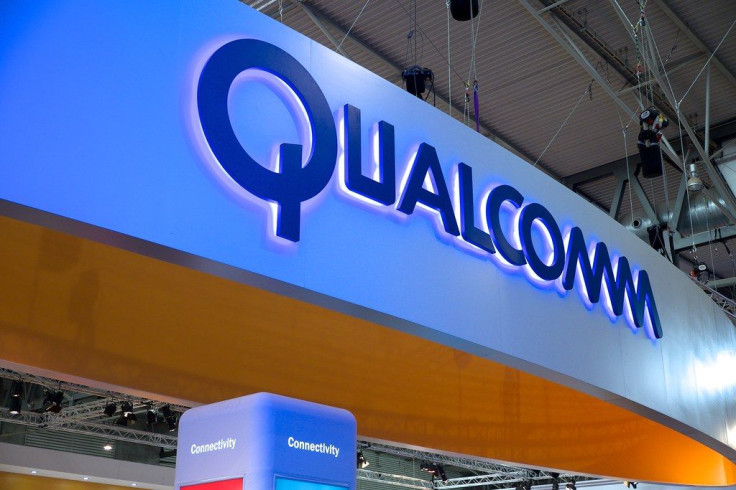Qualcomm Targets $4B In PC Chip Sales, $22B Annual Revenue From New Markets By 2029

Qualcomm is aiming to achieve approximately $4 billion in sales from PC chips by 2029 as it seeks to broaden its product offerings beyond the mobile sector.
During its investor day on Tuesday, the leading smartphone chip manufacturer announced its expectation of generating an additional $22 billion annually from new markets by 2029, with roughly $4 billion anticipated from PC chips.
For the longest time, the company focused its business on developing mobile chips, but it ventured into the PC processor market earlier this year with the launch of Snapdragon X for Windows devices.
This forecast marks a significant achievement for Qualcomm CEO Cristiano Amon, who took the helm in 2021 with the vision to reduce reliance on smartphone sales. For fiscal 2024, Qualcomm reported $24.86 billion in sales from its mobile device division, which accounted for about 75% of its total chip revenue.
"Qualcomm's focus on diversification and industry-leading technology roadmap has significantly strengthened the Company's growth profile," Amon said, adding, "As generative AI accelerates demand for our technology and we become increasingly relevant across multiple industries, Qualcomm is well positioned to address a $900 billion opportunity by 2030 across an expanding ecosystem of new customers and partners."
As per Qualcomm's new five-year financial projections for 2029, $8 billion will be generated from automotive revenues, $4 billion from industrial chips, and $2 billion from headset-related chips. Qualcomm's stock has risen 16% this year, lagging behind Nasdaq's 26% growth, CNBC reported.
Over the last decade, Qualcomm expanded rapidly as its modems and processors became crucial components for premium smartphones, particularly those operating on Google's Android platform. The company also supplies modems and related components to Apple for its iPhones.
However, Qualcomm has cautioned investors that Apple might opt to stop purchasing Qualcomm parts as early as 2027. But it assured that its emerging businesses will more than compensate for any potential shortfalls from Apple.
Under Amon's leadership, Qualcomm's strategy has been to leverage the technology it developed for its mobile chipsets — such as modems, processors, and AI accelerators — into new markets, including automotive, PCs, and virtual reality.
Recently, the company reported robust sales and profits for the fourth quarter, exceeding Wall Street expectations, on strong chip sales to flagship Chinese smartphone makers and guided sales and EPS for the first quarter that came in above consensus estimates.
Revenues for the fourth quarter rose 19% to $10.24 billion, with net income climbing 96% to $2,920 billion, or $2.59 a share, as per a company release.
© Copyright IBTimes 2024. All rights reserved.





















